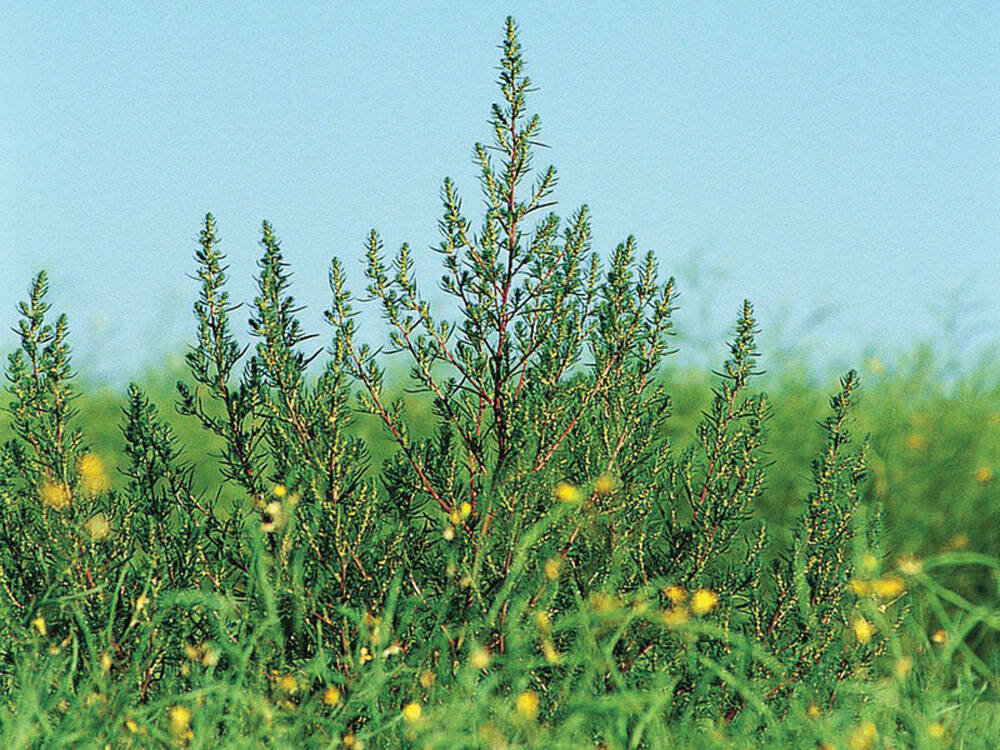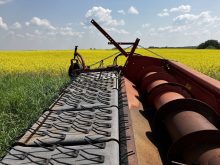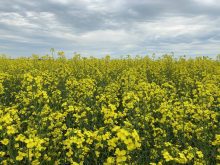(Resource News International) — Where incompatible conditions last fall lowered Western Canada’s acreage for winter wheat, favourable weather conditions this spring are expected to translate into higher than expected production.
“For the most part (the winter wheat crop) is in very good shape this year because we had a mild winter and above-normal temperatures in April,” said Bruce Burnett, director of weather and crop surveillance at the Canadian Wheat Board.
The area seeded to winter wheat last fall was reduced due to the late harvest of spring crops. In Western Canada the average seeded area for winter wheat over the last three years reached over one million acres, but in 2009 that number dropped to 650,000, compared to 1.2 million in 2008, he said.
Read Also

FMC Canada unveils 2026 crop protection roster
FMC Canada’s crop protection lineup for 2026 will include four products marketed for control of kochia.
“The winter wheat area depends a lot on the spring harvest conditions, so (the amount seeded year-to-year) does fluctuate quite widely in the past number of years,” said Burnett.
Jake Davidson, executive manager at Winter Cereals Canada at Minnedosa, Man., said farmers are overall happy with their winter wheat crops and it’s too bad they weren’t able to seed more.
“We’re subject to so many things,” said Davidson about Western Canada’s adverse weather conditions, “but at this point in history, what is there I think people are going to do fairly well with.”
Davidson anticipates more acreage being planted this fall due to more favourable weather conditions.
“We anticipate, we pray, we hope,” said Davidson, “This spring, guys were on to a good start with their crops, it’s been favourable for seeding.”
Davidson also added that the opportune seeding means crops such as canola and peas could be harvested early, making good stubble in which to plant winter wheat. It could also provide farmers with better conditions and more time to seed.
However, Burnett doesn’t expect to see acreage of winter wheat in Western Canada surpass the average, although he does expect the numbers to rise to match it.
“I would expect that we would see a return to more normal winter wheat area, because last year there was an exceptionally late harvest,” said Burnett.
















